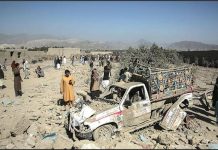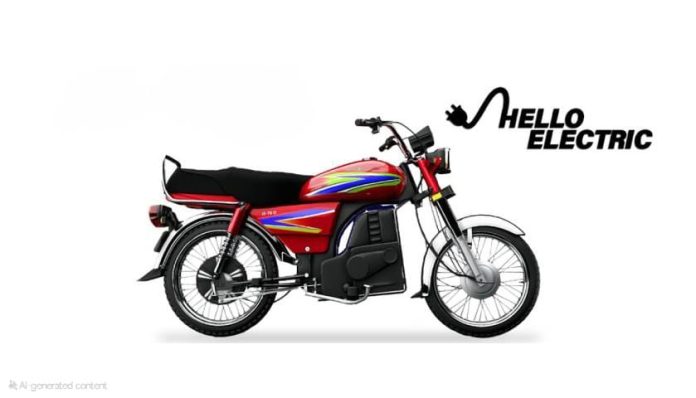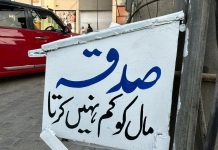BY MURAD WAHEED
In what is considered one of the most ambitious and equity-driven public sector projects in Pakistan’s recent history, the Workers Welfare Board Sindh (WWBS) has launched a province-wide initiative to distribute 10,000 electric motorcycles—entirely free of cost—to female industrial workers across Sindh.
This initiative seeks to address the ongoing transportation difficulties encountered by women in the industrial sector, representing a major step forward in social inclusion, while also acting as an environmentally sustainable and economically strategic approach.
This is more than a welfare initiative—it serves as a structural enabler for women’s engagement in the workforce, cost efficiency, and dignity in mobility, it is access, not just transportation.
Empowerment, Equity, and Access
The program targets women aged 20 to 45 who are employed in registered industrial establishments and are registered under EOBI or SESSI. A 20% quota is set aside for minorities, reinforcing the Board’s commitment to inclusion across gender and religious boundaries.
Officials confirmed that women selected through a digital ballot will receive the motorcycles in transparent phases observed by the media, ensuring full accountability, no discretion, and equity at the district level.
Each recipient must retain the motorcycle for at least 7 years, as transferring or selling the vehicle during this time is prohibited, a policy designed to protect the long-term welfare goals of the scheme.
Expanding the Inclusion Net
Acknowledging that many women industrial workers may lack driving licenses, WWBS has included a grace period in the distribution plan.
Successful applicants will have 60 calendar days from the date of balloting to secure a valid motorcycle driving license. If licensing had been a requirement, thousands of otherwise eligible women could have been excluded. This grace period ensures fairness while upholding safety and road regulations.
The driving license will be necessary at the time of final delivery, not at the application stage, making the program inclusively phased yet compliant with regulations.
Environmental & Economic Impact
Beyond its social advantages, the program is also recognized for its beneficial environmental effects and economic savings for women. By promoting low-cost, zero-emission transportation, the initiative reduces both carbon emissions and the daily commuting costs faced by industrial women workers—many of whom spend a significant part of their income on unsafe or unreliable transport.
This is a green investment in Sindh’s working women. It decreases dependency, improves punctuality, lowers costs, and supports Pakistan’s broader sustainability goals.
Sindh Leading the Charge
Within labour discussions, policy forums, and women’s rights organizations, the WWBS initiative is being acknowledged as a flagship welfare achievement—positioning Sindh significantly ahead of other provinces in terms of women-focused, performance-driven delivery.
It is not a pilot initiative. It is a province-wide, scaled, and funded program with built-in safeguards and systems from the beginning. Sindh’s performance in this domain will exceed all others—and justifiably so. Taking personal ownership of the initiative, Sindh Minister for Labour & Human Resources, Shahid Abdul Salam Thahim, credited the program to the vision of Chairman Bilawal Bhutto Zardari, describing it as a hallmark of inclusive governance.
Under the leadership of Chairman Bilawal Bhutto Zardari, Sindh is exemplifying what accountable leadership entails. The program is about empowering our working women with safety, independence, and opportunities—it embodies our government’s commitment to delivering genuine, sustainable impact, not mere symbolism. It is a matter of pride that Sindh is leading with purpose.

























